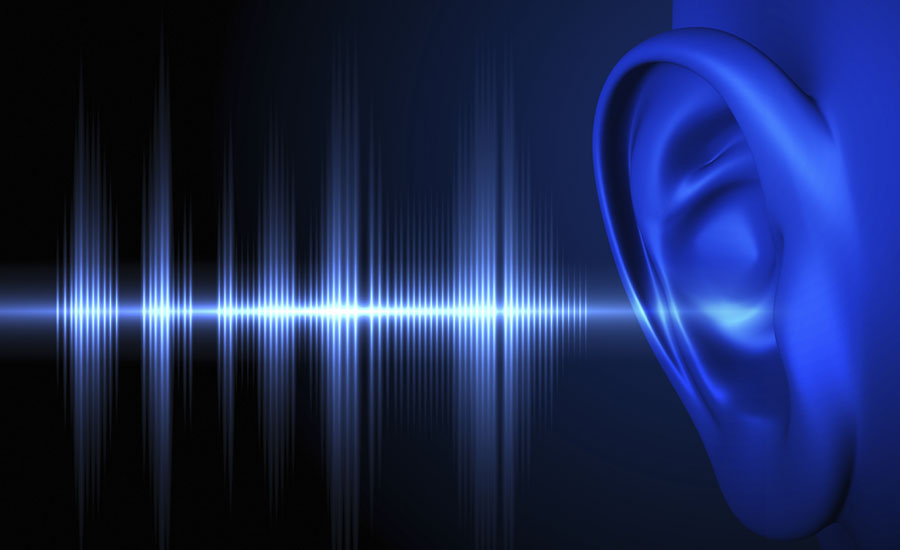Here’s a surprise: noise is annoying

The most widespread and well-documented subjective response to noise is annoyance, which may include fear and mild anger, related to a belief that one is being avoidably harmed. Noise is also seen as intrusive into personal privacy, while its meaning for any individual is important in determining whether that person will be annoyed by it.
Annoyance reactions are often associated with the degree of interference that any noise causes in everyday activities, which probably precedes and leads on to annoyance. In both traffic and aircraft noise studies, noise levels have been found to be associated with annoyance in a dose–response relationship. Overall, it seems that conversation, watching television or listening to the radio (all involving speech communication) are the activities most disturbed by aircraft noise while traffic noise, if present at night, is most disturbing for sleep.
Noise and sleep disturbance
There is both objective and subjective evidence for sleep disturbance by noise. Exposure to noise disturbs sleep proportional to the amount of noise experienced in terms of an increased rate of changes in sleep stages and in number of awakenings. Habituation occurs with an increased number of sound exposures by night and across nights. One laboratory study, however, found no habituation during 14 nights of exposure to noise at maximum noise level exposure. Objective sleep disturbance is likely to occur if there are more than 50 noise events per night with a maximum level of 50 dBA indoors or more. In fact, there is a low association between outdoor noise levels and sleep disturbance.
Noise exposure during sleep may increase blood pressure, heart rate and finger pulse amplitude as well as body movements. There may also be after-effects during the day following disturbed sleep; perceived sleep quality, mood and performance in terms of reaction time all decreased following sleep disturbed by road traffic noise.
Studies on noise abatement show that, by reducing indoor noise level, the amount of REM sleep and slow wave sleep can be increased. It thus seems that, although there may be some adaptation to sleep disturbance by noise, complete habituation does not occur, particularly for heart rate.
Noise exposure and performance
There is good evidence, largely from laboratory studies, that noise exposure impairs performance. Performance may be impaired if speech is played while a subject reads and remembers verbal material, although this effect is not found with non-speech noise. The effects of “irrelevant speech” are independent of the intensity and meaning of the speech. The susceptibility of complex mental tasks to disruption by “irrelevant speech” suggests that reading, with its reliance on memory, may also be impaired.
Perceived control over and predictability of noise has been found to be important in determining effects and after-effects of noise exposure. Tasks performed during noise were found in one study to be unimpaired, but tasks that were carried out after noise had been switched off were impaired, this being reduced when subjects were given perceived control over the noise.
Indeed, even anticipation of a loud noise exposure in the absence of real exposure may impair performance and an expectation of control counters this effect. Noise exposure may also increase aggression.
Physiological responses to noise exposure
Noise exposure causes a number of predictable short-term physiological responses mediated through the autonomic nervous system. Exposure to noise causes physiological activation including increase in heart rate and blood pressure. There is rapid habituation to brief noise exposure but habituation to prolonged noise is less certain.
Many occupational studies have suggested that individuals chronically exposed to continuous noise at levels of at least 85 dB have higher blood pressure than those not exposed to noise. In many of these studies, noise exposure has also been an indicator of exposure to other factors, both physical and psychosocial, which are also associated with high blood pressure. Unless these other risk factors are controlled, spurious associations between noise and blood pressure may arise.
Noise exposure and psychological symptoms
Symptoms reported among industrial workers regularly exposed to high noise levels include nausea, headaches, argumentativeness and changes in mood and anxiety. Many of these industrial studies are difficult to interpret, however, because workers were exposed to other stressors such as physical danger and heavy work demands, in addition to excessive noise. Community surveys have found that high percentages of people reported ‘headaches’, ‘restless nights’, and ‘being tense and edgy’ in high-noise areas.
Source: British Medical Bulletin https://academic.oup.com
Looking for a reprint of this article?
From high-res PDFs to custom plaques, order your copy today!




